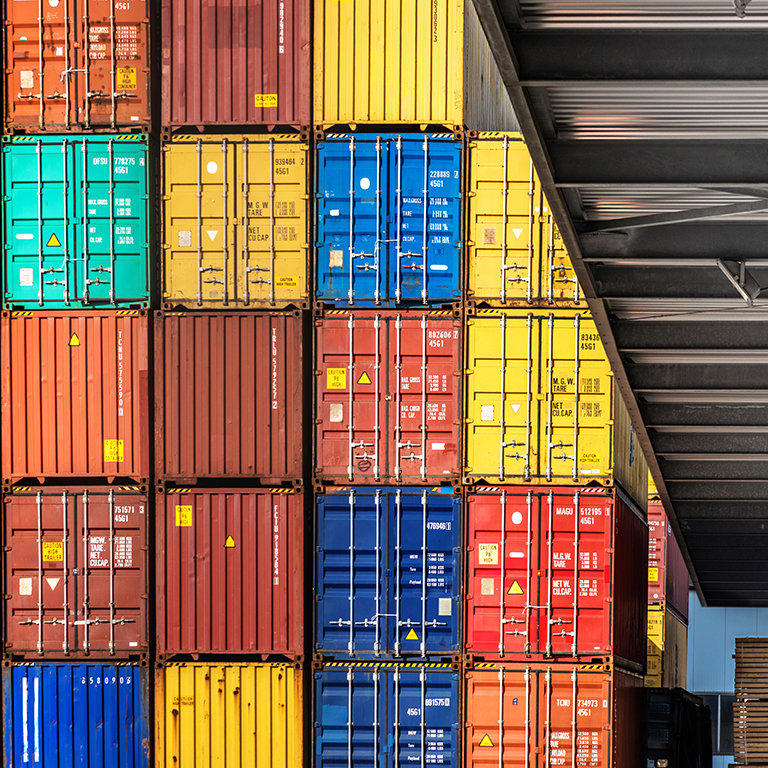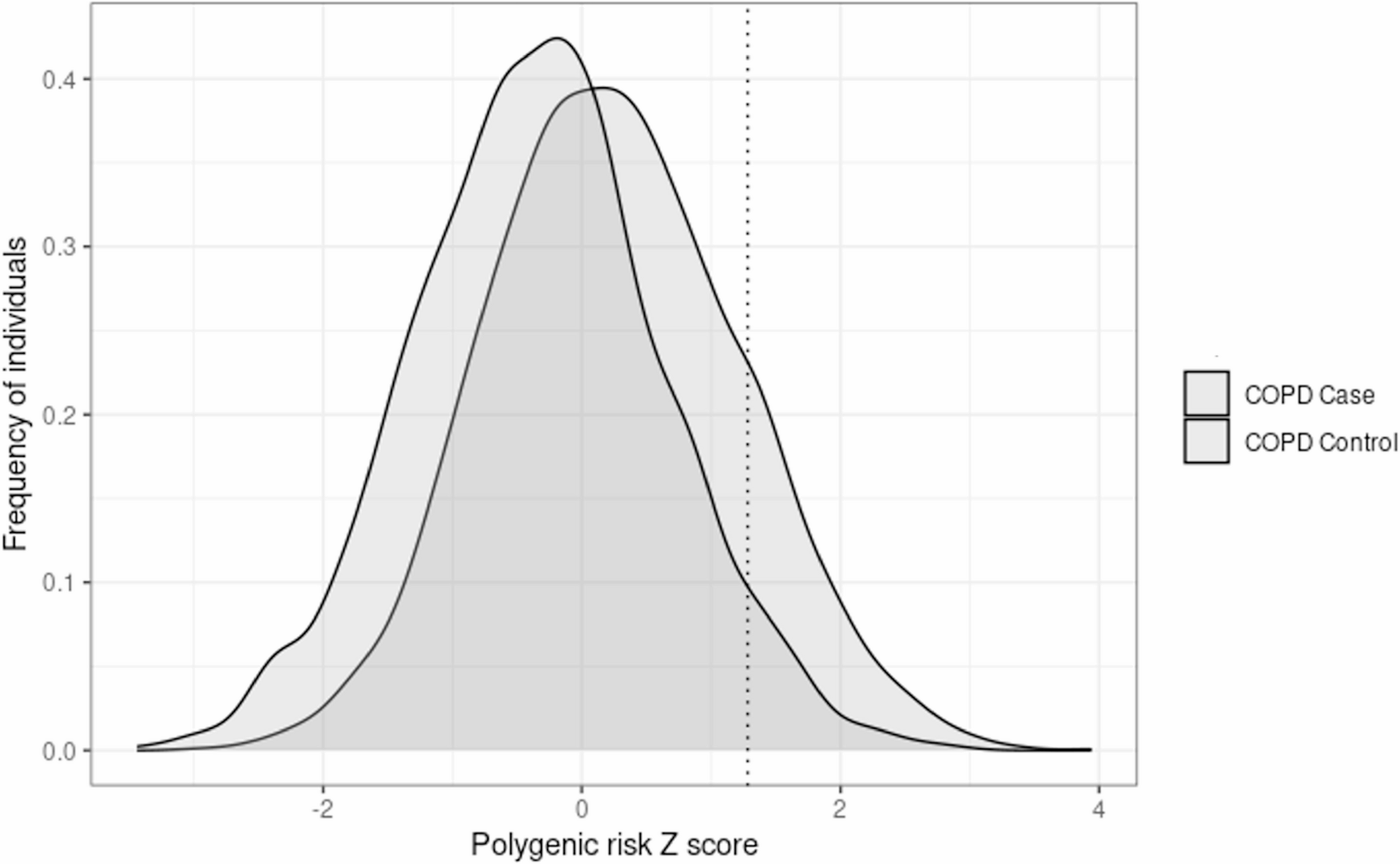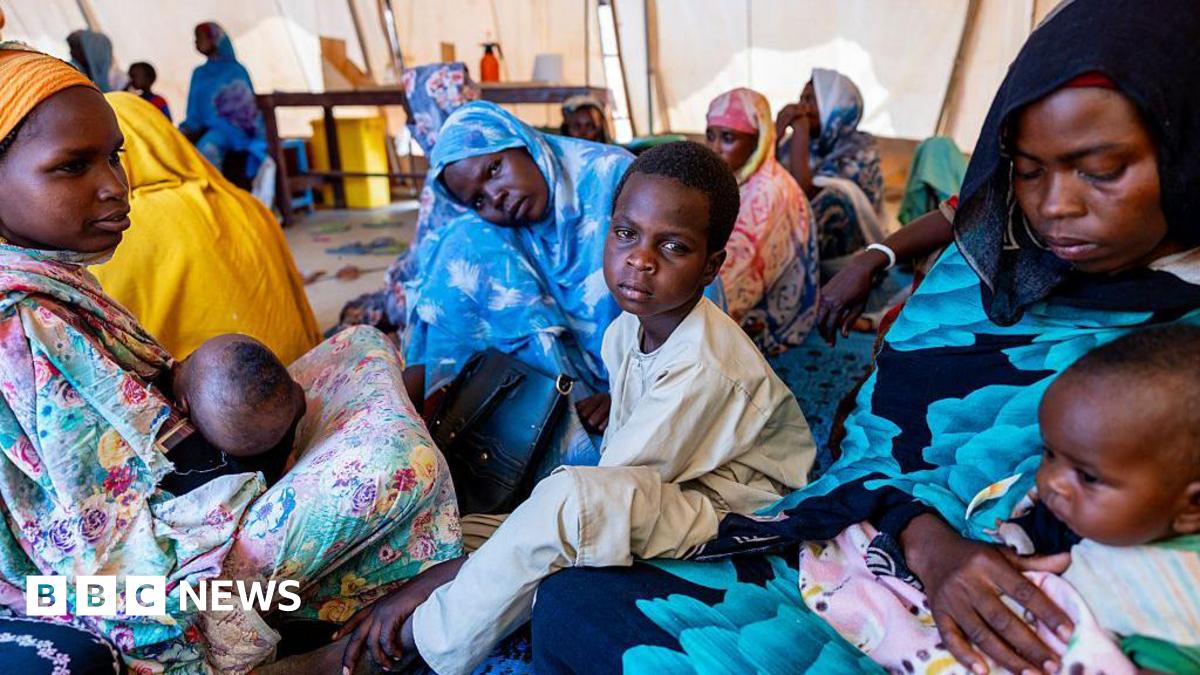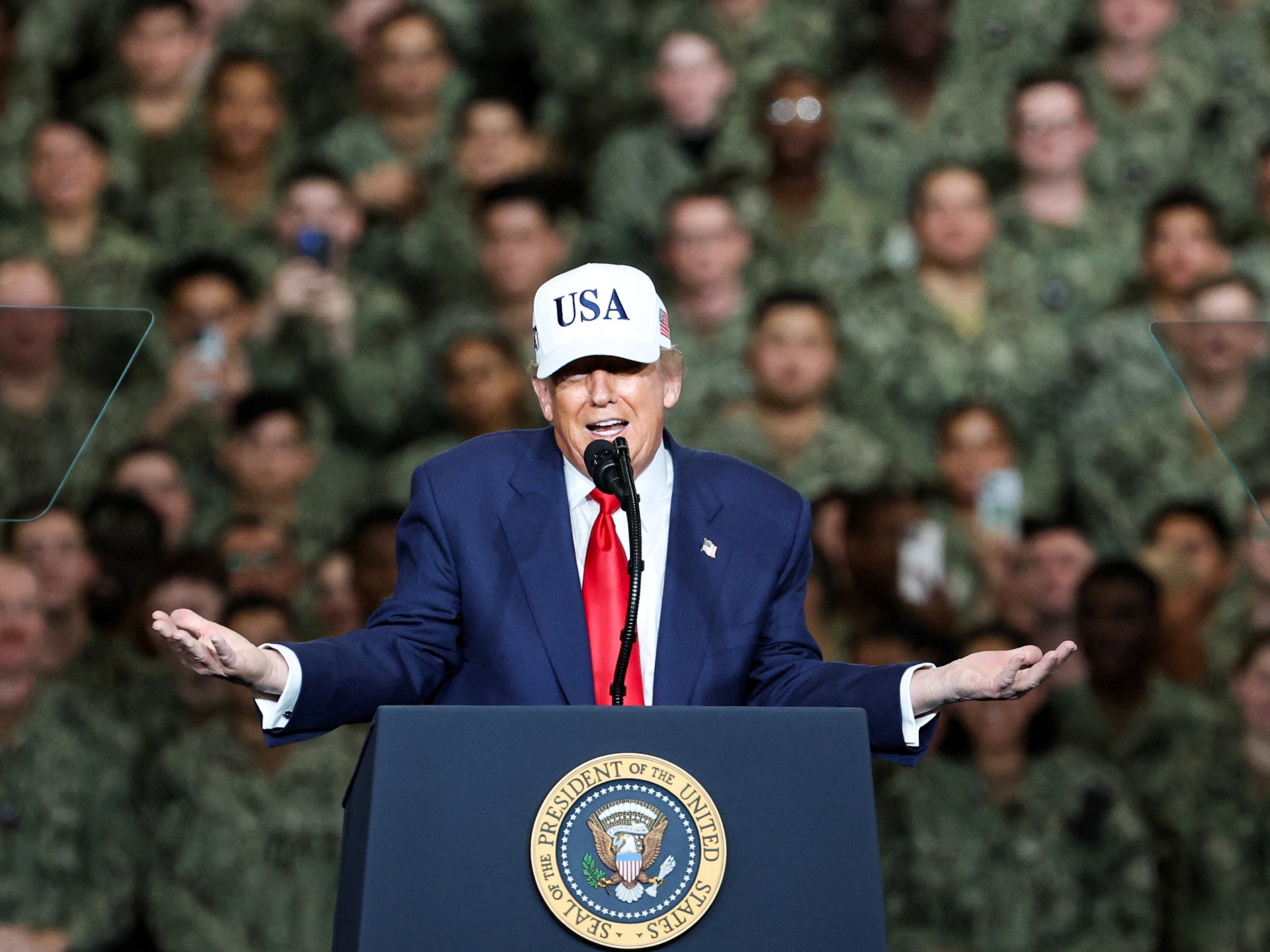Trade finance has long been a cornerstone of supporting economic growth and global prosperity. However, recent developments in protectionist trade policies have heightened concerns about geopolitical risks and the stability of global supply chains.
Despite these challenges, trade finance remains resilient. It continues to be a vital tool for organizations seeking to facilitate growth, manage emerging risks, and adapt to shifting trade dynamics. Trade credit insurance plays a crucial role by protecting businesses against customer defaults and non-payment, especially amid increasing trade uncertainties.
How trade finance and protectionist policies are interconnected
Post-World War II, supportive trade policies helped reduce the global average tariff rate from around 15% to approximately 5%, boosting international trade’s contribution to global GDP from 20% to nearly 50% before the 2008 financial crisis. However, subsequent years saw a slowdown, with trade’s share of global GDP stagnating and trade finance growth remaining subdued at just 1.4% CAGR between 2010 and 2015.
From 2018 to 2023, trade finance experienced some recovery, but the landscape was marred by a fourfold increase in government interventions, geopolitical disruptions — including the Russia-Ukraine war — and rising interest rates. Trade tensions and EU sanctions against countries including Russia, have further complicated trade, especially with key trading partners like China and the US.
While government support in 2020 and 2021 helped stabilize insolvency rates, the end of these measures, coupled with tighter monetary policies, has led to a rise in insolvencies across Europe. This environment underscores the importance of robust trade finance strategies, including trade credit insurance, to mitigate against current and future risks.
The 2025 outlook for trade finance and trade policy in Europe
Looking ahead, credit insurers anticipate that insolvency growth rates will stabilize at elevated levels amid ongoing macroeconomic uncertainties. However, significant tail risks persist. For example, although the European Central Bank (ECB) eased monetary policy by lowering interest rates in March 2025 and maintained them in September 2025 — measures expected to alleviate some systemic pressure — the unpredictable nature of the current trading conditions remains a concern. Whether driven by tariffs, sanction policies, energy market developments, or other unforeseen factors, the risk of a downside economic event capable of stressing balance sheets remains elevated.
As Europe seeks to redefine its role in the transatlantic relationship, it is also reassessing its ties with China. The European Commission has voiced concerns about the baseline 15% tariff imposed by the US on EU exports, especially for key sectors. Discussions on content moderation and digital competition, as well as technology taxes, could further complicate trade flows. While China is the EU’s second-largest trading partner, relations have become increasingly complex amid disagreements on competitiveness, export controls, and the issue of the Russia-Ukraine war.
Furthermore, the Global Trade Policy Uncertainty Index is at its highest since records began in 1960, reflecting widespread uncertainty that could deter investment and disrupt supply chains across Europe. This uncertainty is particularly impactful for less-diversified businesses and those most impacted by US tariffs, such as chemicals, machinery, and vehicles, or sectors that had developed a reliance on exports to China, including manufactured goods.
Potential impacts of tariffs on European trade finance
In 2025, the threat of disruption appears more significant from previous US tariffs. In 2019, US tariffs affected almost US$7.5 billion worth of European products, while in 2025, the EU’s Trade Commissioner stated that about 70% of EU exports to the US, valued at €382 billion (approximately US$449 billion), are currently affected by US tariffs.
Longer-term, these tariffs could reduce global trade values by more than 7% by 2030, with Europe potentially bearing a substantial share of this decline.
While the EU and the US seem to have reached a temporary resolution on trade, the risk of additional US tariffs targeting critical EU sectors (such as pharmaceuticals), remains. Coupled with the potential for future economic and political developments to reignite tensions, businesses may consider the implications of further disruptive trade measures and counter actions.
Protecting your business with trade credit insurance
Given the uncertain environment, the risk of insolvencies surpassing forecasts warrants serious consideration — especially for key suppliers and distributors in exposed markets.
Trade credit insurance remains a proven tool for managing these risks. It provides coverage for losses due to supplier or counterparty insolvencies, regardless of whether defaults are caused by tariffs, trade barriers, or other geopolitical factors. As supply chains evolve and new routes emerge, businesses may increasingly rely on trade finance and credit insurance to safeguard their transactions.
It is advisable for companies to review their existing trade credit policies, ensuring they include coverage for defaults triggered by government actions and trade policy disruptions. Businesses without such policies are encouraged to consult with their Marsh representative to assess their risk exposure and explore suitable protective measures.







